Why does my house smell musty? Experts explain 7 possible causes and how to refresh your space
A musty home is not just unpleasant but it can also can be worrisome. Here's what might be causing the smell, plus tips on what to do to prevent it from coming back

Ottilie Blackhall
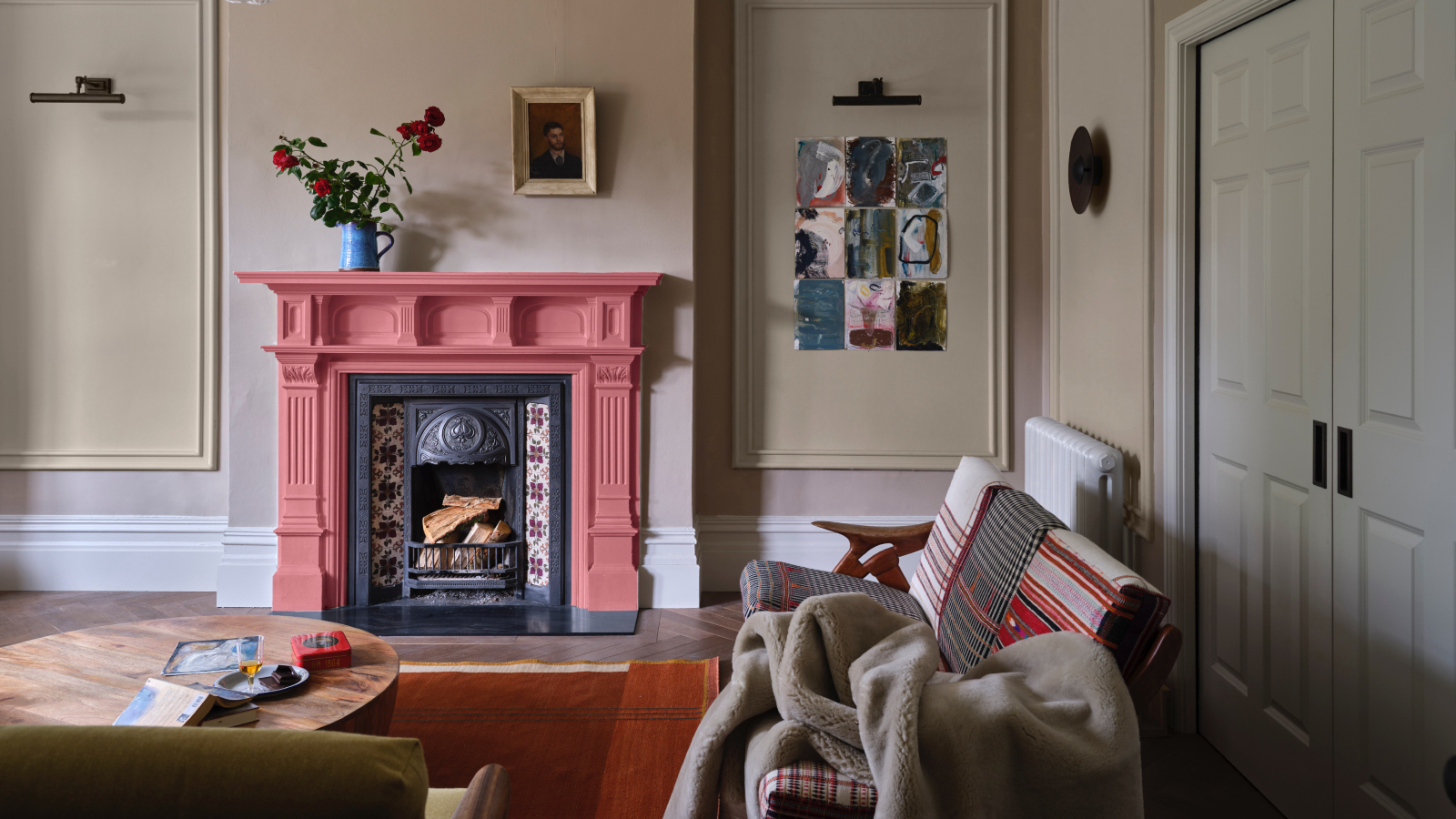
Design expertise in your inbox – from inspiring decorating ideas and beautiful celebrity homes to practical gardening advice and shopping round-ups.
You are now subscribed
Your newsletter sign-up was successful
Want to add more newsletters?

Twice a week
Homes&Gardens
The ultimate interior design resource from the world's leading experts - discover inspiring decorating ideas, color scheming know-how, garden inspiration and shopping expertise.

Once a week
In The Loop from Next In Design
Members of the Next in Design Circle will receive In the Loop, our weekly email filled with trade news, names to know and spotlight moments. Together we’re building a brighter design future.

Twice a week
Cucina
Whether you’re passionate about hosting exquisite dinners, experimenting with culinary trends, or perfecting your kitchen's design with timeless elegance and innovative functionality, this newsletter is here to inspire
Are you wondering why your house smells musty? These unpleasant odors can be caused by a range of issues, from improperly dried linens to dampness and mold. No matter the cause, a musty smell is often worrisome and should always be investigated.
The good news is that most musty smells are not a sign of a serious issue, and are often quick to rectify. However, some musty smells could be signs of something more sinister, like damp and mold, and the causes will need treating as soon as possible.
Here, experts explain seven reasons why your house might smell musty and offer solutions to make your home smell nice once again.
Why does my house smell musty?
1. Mold and mildew
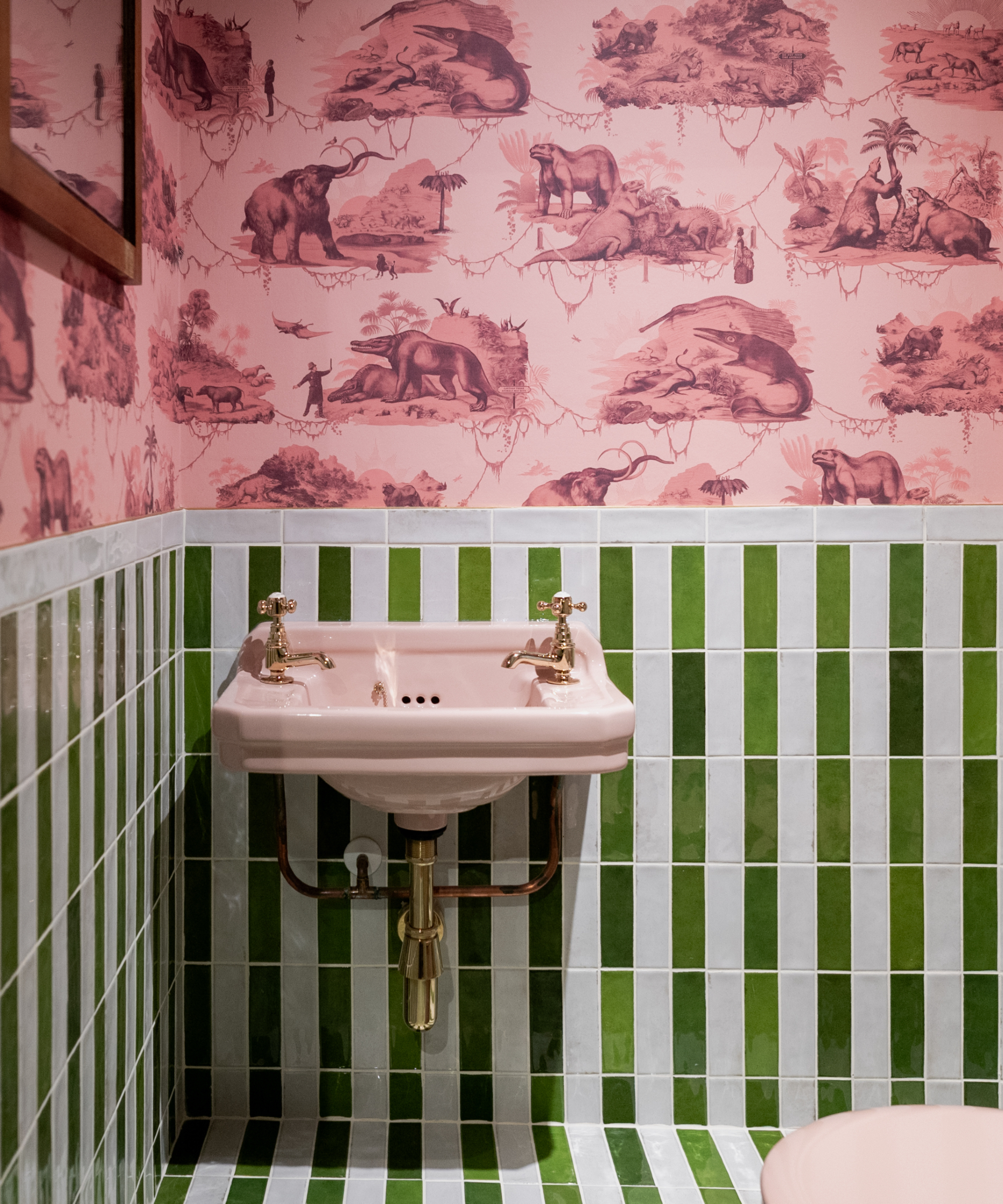
The most common cause of a sudden musty smell in a house, especially in winter, is the development of mold and mildew, often caused by humid conditions and condensation. A musty smell, accompanied by dark discoloration on walls, furnishings, ceilings, or carpets can be the first sign of spores.
'Mold often creates a strong, musty smell because it releases certain chemicals called microbial volatile organic compounds (mVOCs) as it grows and breaks down materials,' explains Michael Rubino, mold and air quality expert, environmental wellness advocate and founder of HomeCleanse. He continues 'for example, when mold feeds on damp wood, paper, or fabric, it creates byproducts that add to that distinctive odor.
'Different types of mold, like Aspergillus, Penicillium, and Cladosporium, can produce different smells, which is why you might notice variations in odor depending on the type of mold present. That being said, typically, the odor is described as an earthy, musty, cigar-like smell.'
If you notice this odor in your home, it is an indicator of an active colony releasing these gases, and, in general, the bigger the problem the stronger the odor.
Design expertise in your inbox – from inspiring decorating ideas and beautiful celebrity homes to practical gardening advice and shopping round-ups.
For that reason, you'll need to swiftly take action to get rid of musty smells in your attic or anywhere else.
Luckily, knowing how to get rid of black mold is not too difficult to do yourself if you spot it early. However, know that it will return if you don't improve ventilation or work to get rid of condensation inside windows. Investing in one of the best dehumidifiers is one option (as is opening windows), and we recommend the GE Energy Star Portable Dehumidifier available at Amazon as our best overall pick.
You can use vinegar to kill mold as an effective home remedy. Simply spray vinegar in a spray bottle, such as the Equate 8 oz Plastic Spraybottle available at Walmart over the mold and wash away with very hot water, without scrubbing too vigorously. We recommend using the Great Value Distilled White Vinegar available at Walmart to do so, as it is distilled to a 5% acidity strong enough to kill mold spores and prevent them from returning.
For tougher patches, where mold is more prevalent, you can purchase commercial mold spray.
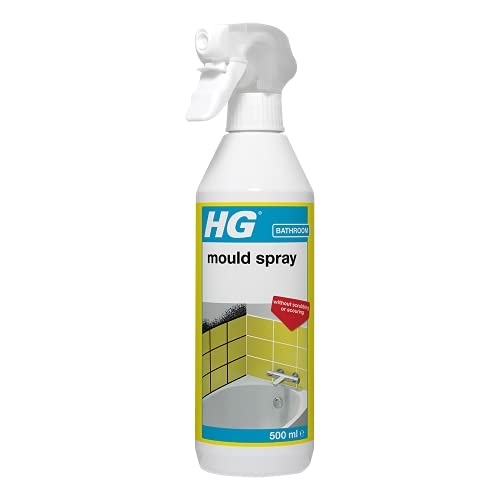
I use this mold spray at home, and highly recommend it for efficiently killing, removing and cleaning all types of mold, including black mold. It's suitable for a wide range of surfaces, just be careful not to get it on your clothing as it will cause bleaching.
All prices correct at time of publication.
2. Dust and grime build up
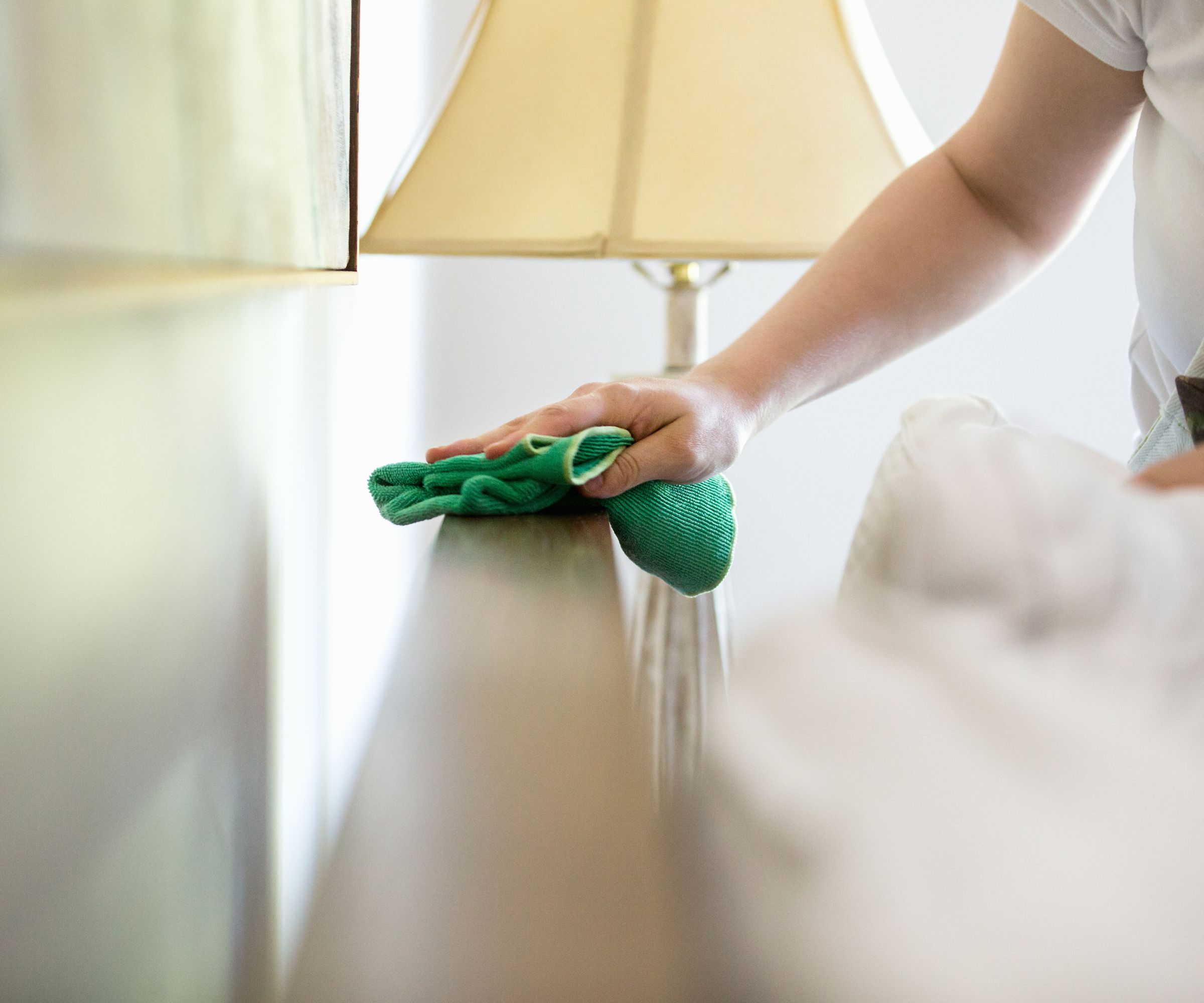
If you cannot find any sources of mold in your home then the source of the musty smell may be a little less sinister. ‘Musty smells are often caused in the home by a build-up of dirt and grime, which can cause a lingering, unpleasant smell,’ explains Amanda Lewis of Elbow Grease. ‘To combat these smells, you must tackle the problem and clean the area deeply.’
Luckily, there are plenty of cleaning tips that can help you stay on top of household cleaning without too much effort, to get rid of musty smells in your entryway and beyond.
‘Whilst products such as air fresheners will help mask the smell, they won’t eliminate the cause,’ Amanda continues. ‘A product such as Elbow Grease’s All-Purpose Degreaser available at Amazon is designed to break down a build-up of dirt, including grease and oil, to eliminate the problem and to leave the home smelling fresh.’ You may also want to make dusting a regular part of your achievable cleaning routine, wiping surfaces with microfiber cloths, such as the HOMEXCEL Microfiber Cleaning Cloths available at Amazon.
3. Improperly dried clothing and linens

Although knowing how to dry clothes quickly is convenient, not leaving clothes and linens to dry for long enough can leave them smelling musty, causing a permanent odor in your home.
‘Give your clothes some breathing room,’ advises Matt Connelly, founder and CEO of leading NYC laundry experts Ihateironing. ‘Squishing your items together in the closet can cause them to wear down faster as a result of friction, lint balls, and wrinkles. It can also cause a stale or musty smell on your clothes due to the lack of proper air ventilation between your items.’
There are many benefits of air-drying laundry, but if this isn't possible, use a clothes airer indoors such as the Joseph Joseph Eclipse indoor clothes airer, perfect for tiny spaces.
4. Home humidity above 60%
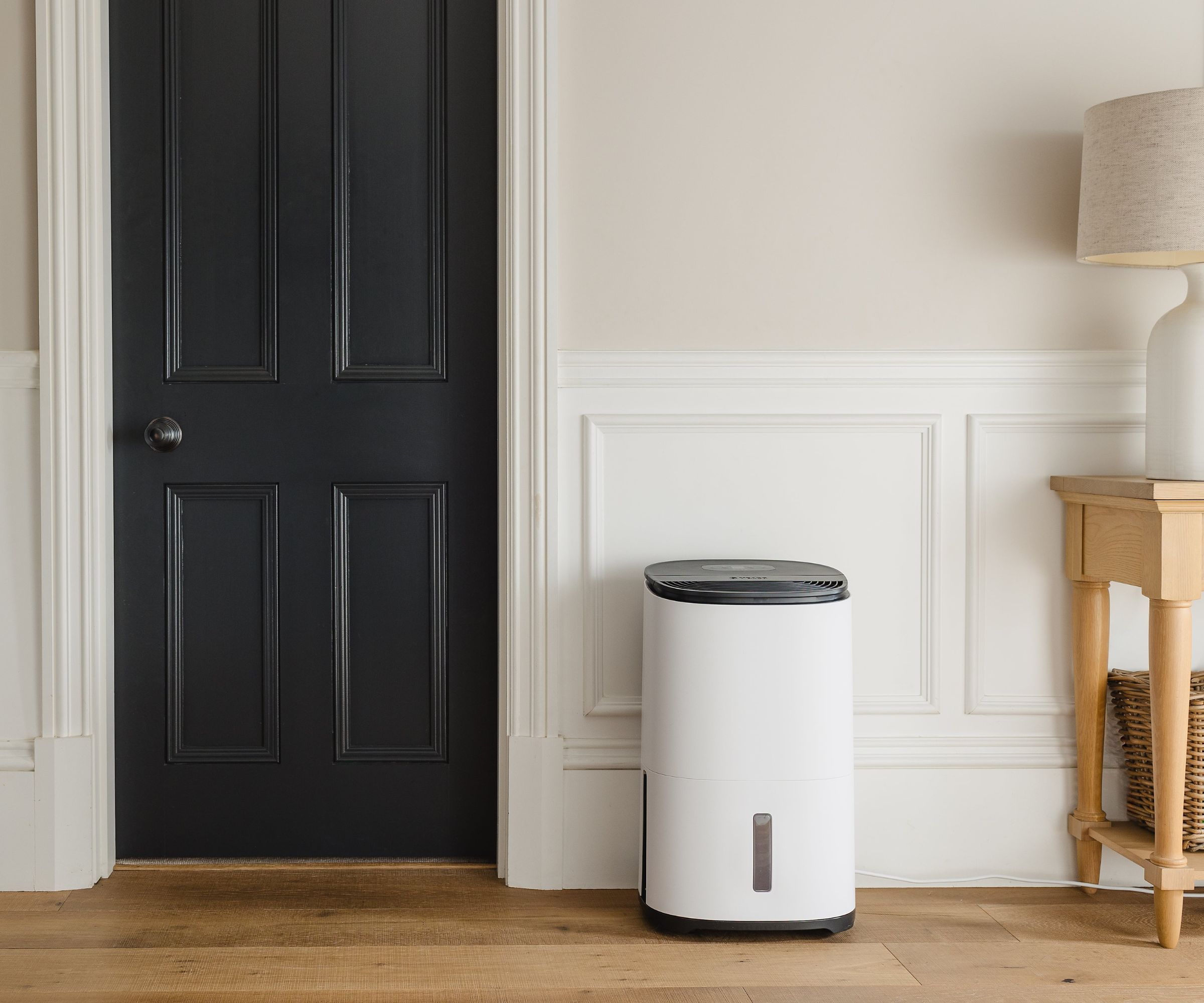
Trying to work out what humidity your house should be in winter can be difficult. Nevertheless, a humidity over 60% can trap odors and create a musty, damp lingering smell around your home, says mold and air quality expert Michael Rubino.
What’s more, high humidity can lead to the development of mold and mildew, adding to the smell and creating a health hazard too.
Reducing humidity can be done with a dehumidifier, but simply opening windows every morning for half an hour after you wake up can reduce humidity.
You can measure your home's humidity by using a hygrometer, such as the ThermoPro TP49 Digital Hygrometer from Amazon.
5. A lack of ventilation
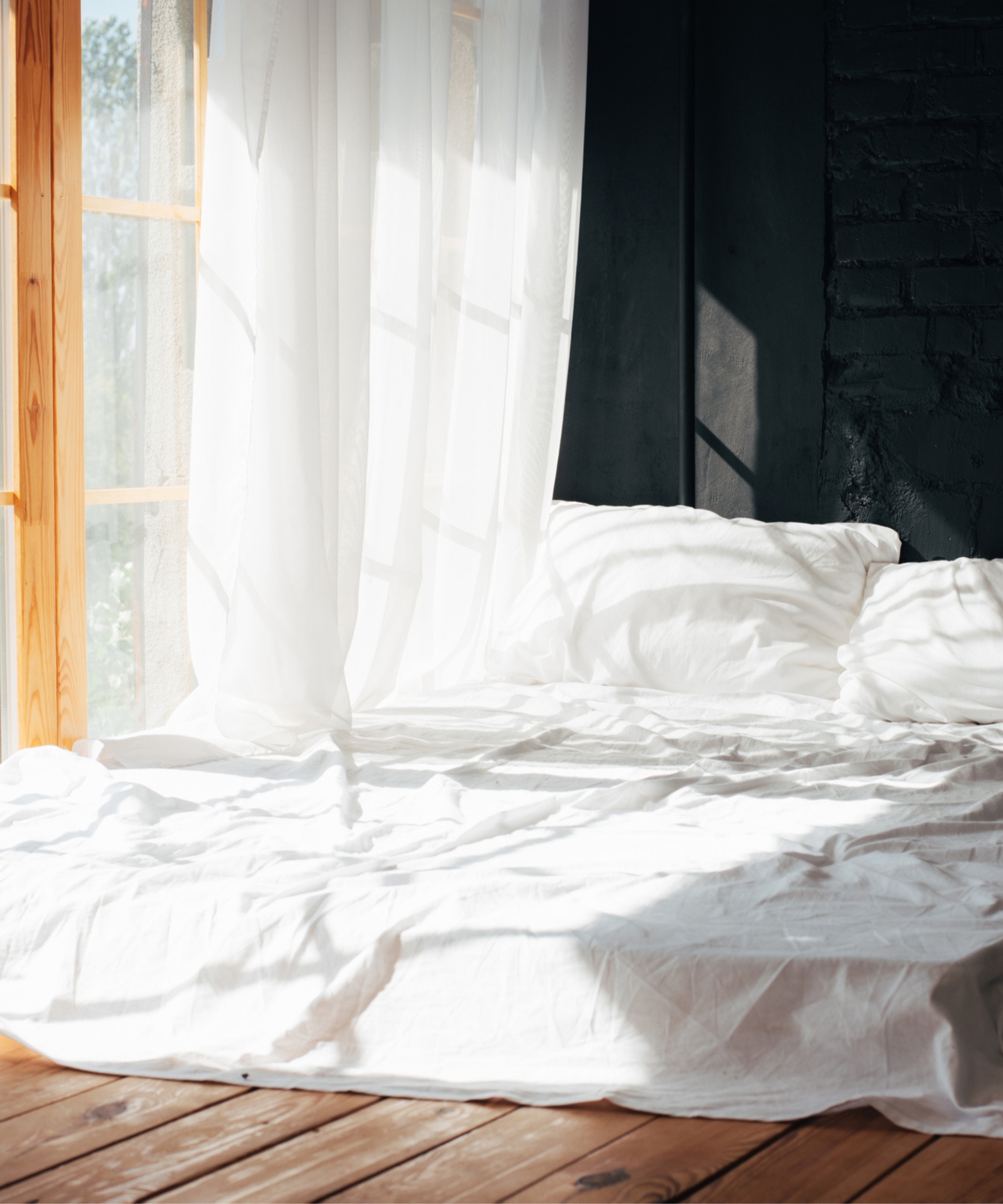
In winter, we are less likely to have our windows and doors open for long periods of time, reducing air flow in our homes and preventing proper ventilation. As a result, moisture released as we breathe, and odors created by everyday activities such as cooking, home exercises, and cleaning linger in a home with no outlet.
Good ventilation is the most basic and effective way to prevent mold and musty smells. Even in the winter months, it’s important to open windows and let fresh air into the home. Wondering how often you should open windows in winter? Despite the chill, doing so can be beneficial for both your health and your home, and it can improve the quality of your sleep, too.
Alongside open windows, fans and ventilation systems should also be in good working order, too.
6. Old or dirty carpets and rugs

A common source of musty smells in homes are carpets and rugs that are either old, or have not been properly cleaned. It is easy to think that running one of the best vacuums over them every few days is enough to keep them fresh, but it is no substitute for knowing how to deep clean a carpet, and occasionally doing so.
‘You should vacuum and use cleaning sprays (such as the bestselling Resolve Carpet Cleaner Spray Spot & Stain Remover available at Walmart) once a week to keep them clean. Every three months, you should then think about hiring a carpet cleaning machine,’ says Ivan Ivanov of End of Tenancy Cleaning.
‘Don't be afraid to vacuum more often than once a week though; pet owners especially should consider vacuuming more frequently. Our furry friends bring in germs and bacteria from the outside, so consider upping your vacuuming amount.’
Buying the best vacuum for pet hair that you can afford will reduce the pet dander and therefore smells that linger. We recommend the Dyson V15 Detect Plus Cordless Vacuum available at Amazon as our best buy.
To freshen carpets, use a product such as the Carpet Fresh No Vacuum Freshener and Deodorizer Spray available at Amazon, though you can also freshen carpets by cleaning with baking soda.
7. Improperly installed insulation
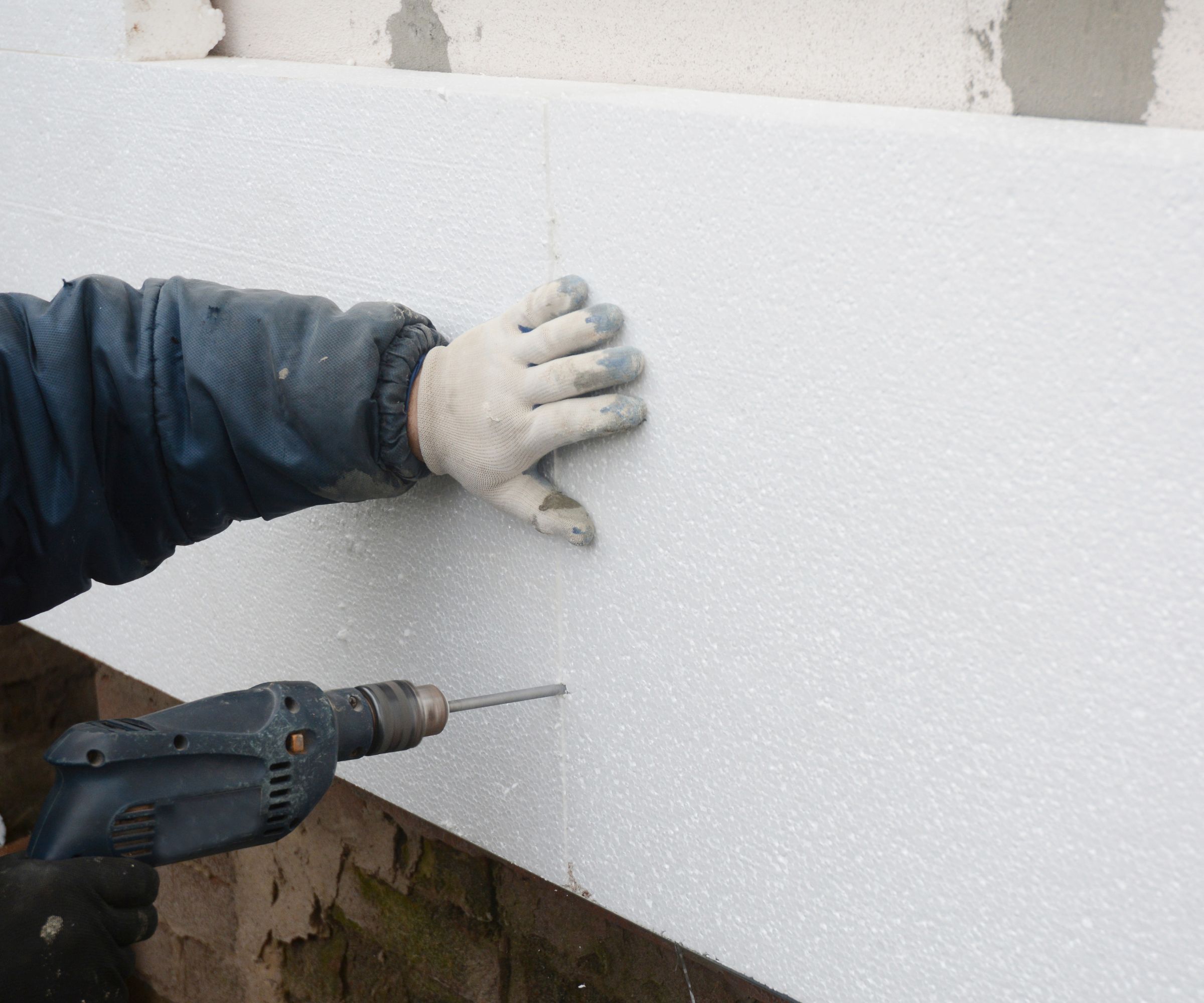
Finally, improperly installed insulation may be making your home smell musty.
'Too little insulation can lead to condensation in the walls,' explains mold and air quality expert, Michael Rubino. There are many different types of attic insulation, which can also be used anywhere around the house, such as foam board, blanket and glass wool insulation.
You can learn how to insulate a garage door or how to insulate a crawl space, or, if you're wondering if you should hire a handyman for the job, it's probably safer to do so, and may avoid higher costs further down the line.
FAQs
Why does my house smell musty when I come home?
If upon entering your home after a holiday or a period away, it's possible you had previously gone nose blind to the odor.
Start by ventilating your home by opening the windows and allowing fresh air to circulate. If after that you're still met with a musty smell, set about looking for signs of dirt or mold and tackling any issues with a good deep clean or with professional help.
Then, you can use things that make your home smell good all the time, as long as you're not simply masking smells which could be an indication of a more serious problem. I tried quick ways to make my home smell nice and here's what really worked, so you can try them too.
Can a house smell musty without mold?
While a musty smell in a home is more often than not a symptom of mold and mildew, sometimes a musty smell is the result of a lack of ventilation and a build up of dust and grime. If you cannot find any signs of mold, dampness, or mildew around your home (make sure to check deep corners and walls behind furniture) then simply refreshing your home with a spring clean and opening some windows could alleviate the foul odor.
Can you get sick from a musty smell?
Whether or not a musty smell can make you sick depends on the cause of the odor. If the smell is caused by dampness and mold, then the smell could cause adverse health effects as you breathe in spores. If you have a musty smell in your home and start to develop symptoms such as itchy eyes, wheezing, itchy skin, or a stuffy nose that alleviates after exposure to fresher air it is advisable to seek medical help.
Want to know how to get rid of musty smells in a bedroom or how to get rid of musty smells in a bathroom? Make sure you clean these spaces regularly, use natural deodorizers such as baking soda, ventilate the room well to remove excess moisture, and try using homemade room spray.

Chiana is Homes & Gardens’ kitchen appliances editor. With a lifelong passion for cooking and baking, she grew up experimenting in the kitchen every weekend with her baking-extraordinaire Mom, and has developed a great understanding of how tools and appliances can make or break your ideal relaxing kitchen routine.
- Ottilie BlackhallSleep Editor
